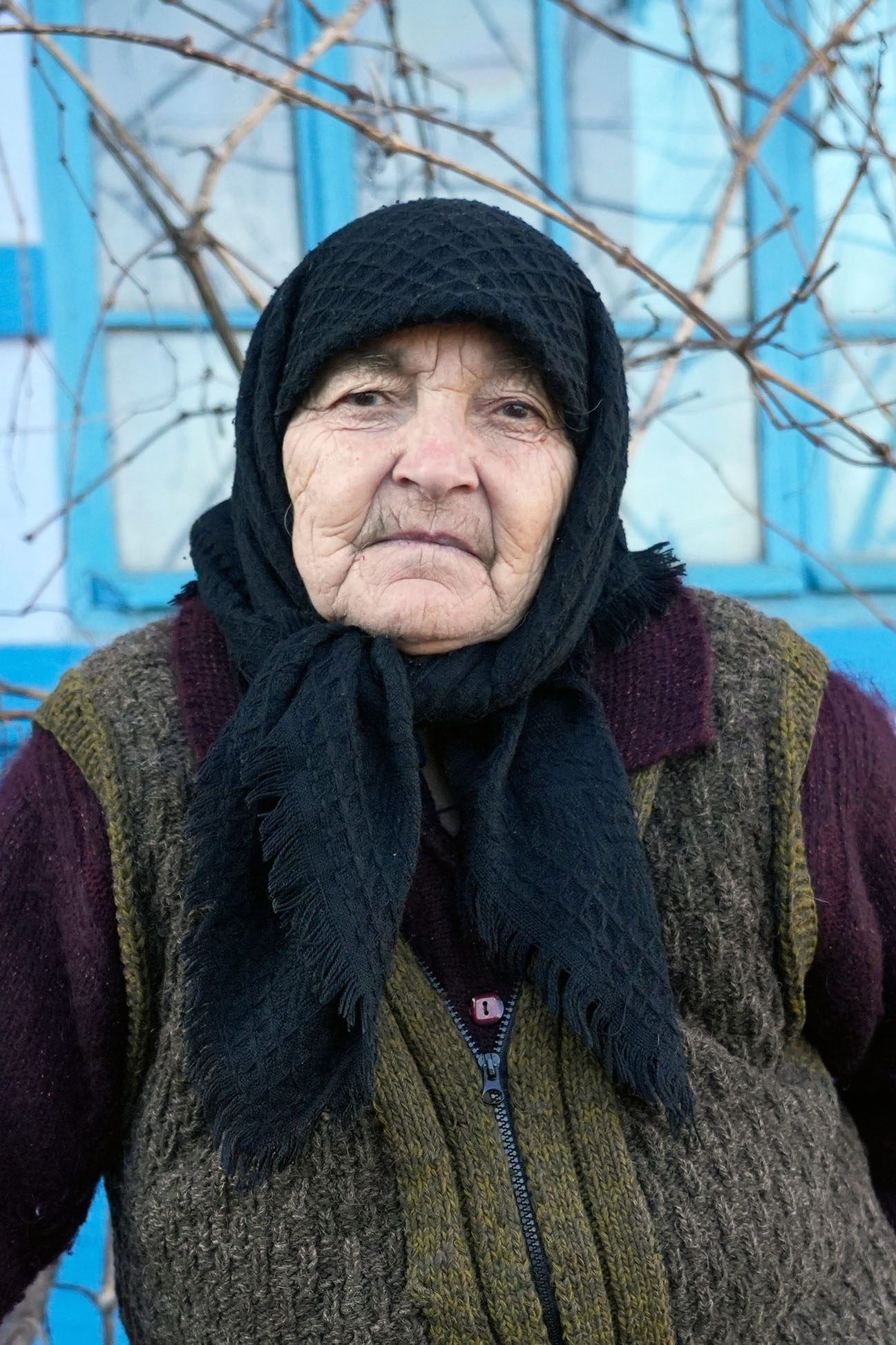For our strength and tradition to be

Stáhnout obrázek
Maria Panaytaki was born in 1944 in the Bessarabian village of Oleksandrivka in the Odesa region to a Gagauz family of Mykhailo and Varvara Petrovy. She was the oldest child in the family. In 1946-1947, the family survived the post-war famine that claimed the lives of many villagers. In 1950, Maria went to school, where she completed seven years of education. While still studying, she started working on the collective farm fields with her parents. In 1963, she married a Gagauz, Heorhii Panaytaki, and gave birth to her first son. She worked at the local collective farm all her life. She has knowledge of traditional Gagauz wedding, funeral, and festive rites. Since the 1990s, she has been preparing traditional Gagauz dishes for festivals, celebrations, and other community events. Since retiring in 2000, she has mostly been staying at home. Since 2015, she has been keeping a list of deceased residents of Oleksandrivka and holds the status of the village‘s old-timer.

